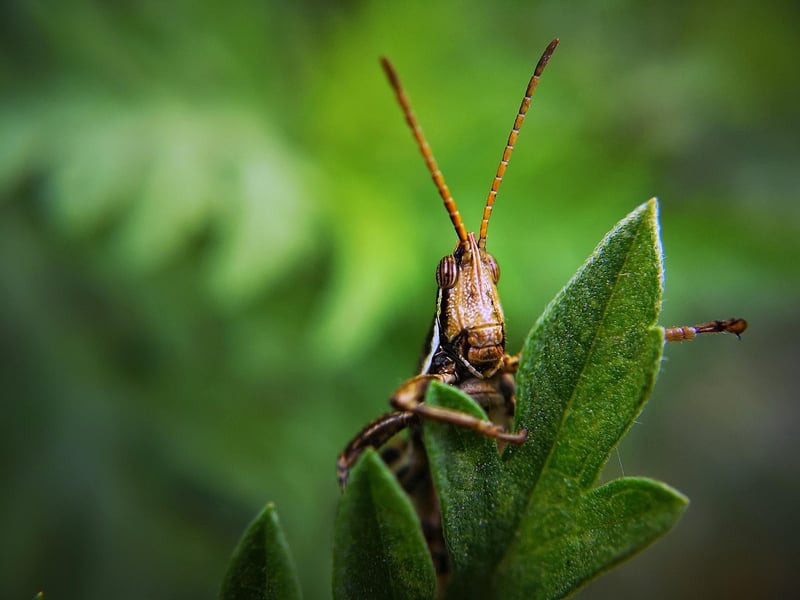Companion Planting
Managing Garden Pests Naturally with Companion Planting

Gardening is a rewarding and relaxing hobby, but dealing with garden pests can be a real challenge. Instead of resorting to chemical pesticides that can harm the environment, consider using companion planting as a natural way to manage pests in your garden.
What is Companion Planting?
Companion planting is the practice of growing different plants together to achieve specific benefits like pest control, improved growth, and flavor enhancement. By strategically planting certain combinations of flowers, herbs, and vegetables, you can create a natural ecosystem that deters pests and promotes plant health.
Benefits of Companion Planting for Pest Management
- Attract beneficial insects that feed on garden pests
- Repel harmful pests with strong-smelling companion plants
- Mask the scent of host plants to confuse pests
- Improve soil health and nutrient uptake
Common Companion Plant Combinations
Here are some popular companion plant combinations that can help you manage garden pests naturally:
1. Marigolds and Tomatoes
Marigolds deter nematodes and aphids, protecting tomato plants from common pests.
2. Basil and Tomatoes
Basil repels mosquitoes, flies, and tomato hornworms when planted near tomato plants.
3. Nasturtiums and Cucumbers
Nasturtiums attract predatory insects that feed on cucumber beetles, protecting cucumber plants.
4. Chives and Carrots
Chives repel aphids, carrot rust flies, and other pests that can damage carrot crops.
Tips for Successful Companion Planting
- Research companion planting combinations that work well in your region
- Rotate companion plants each season to prevent pest buildup
- Provide proper spacing between companion plants to avoid competition
- Maintain healthy soil with adequate nutrients for optimal plant growth
By incorporating companion planting techniques into your gardening routine, you can create a harmonious and pest-resistant garden that thrives naturally. Embrace the beauty of diversity in your garden and watch as your plants flourish with minimal intervention.
Remember, a healthy garden is a happy garden!
